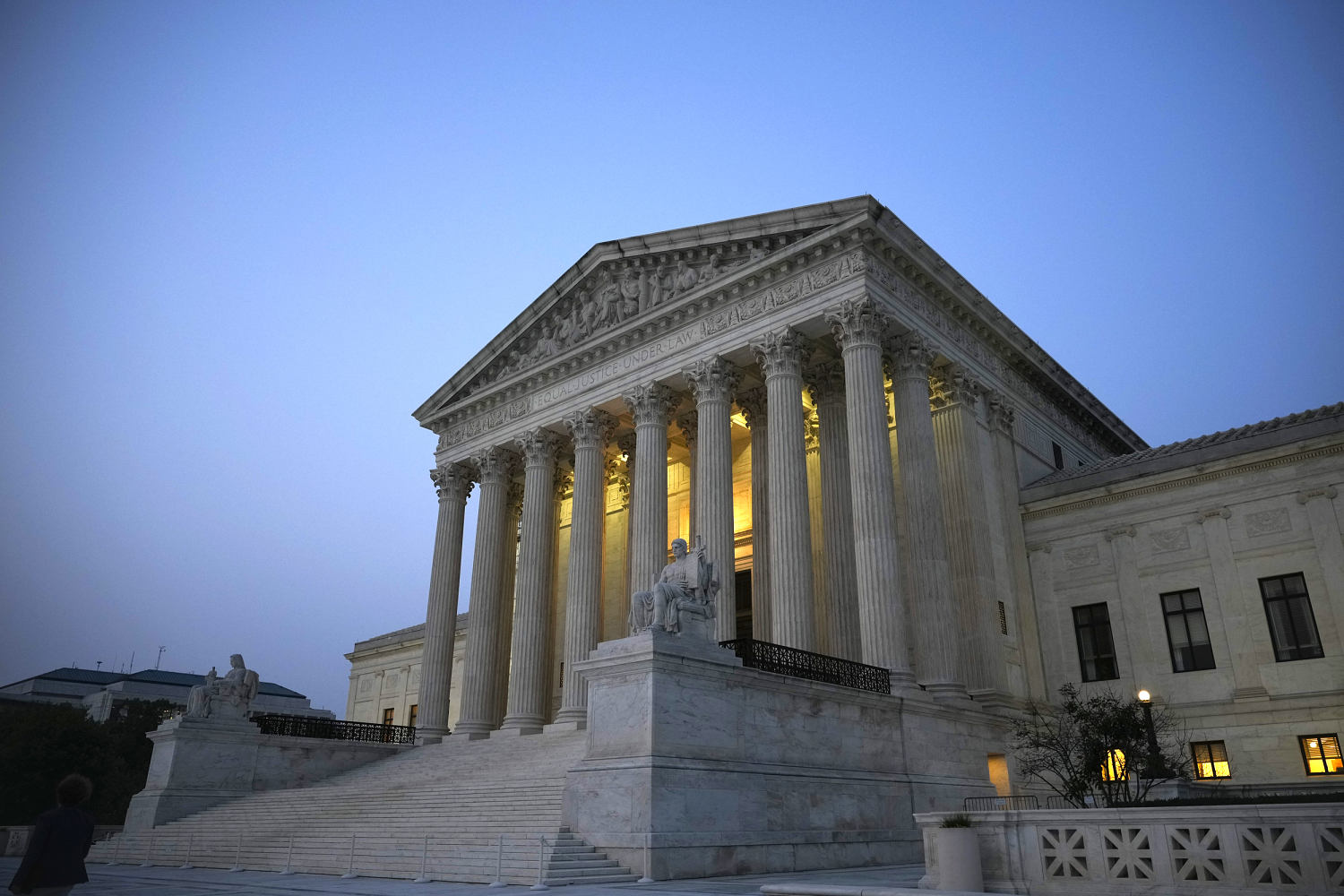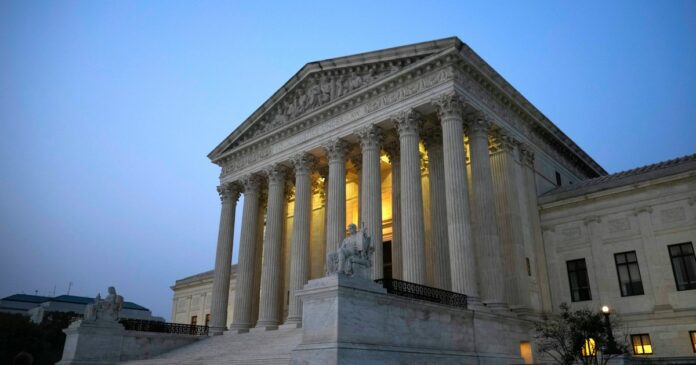
WASHINGTON — The Supreme Court on Tuesday declined to consider whether potential jurors in an employment dispute involving a lesbian worker could be excluded because of their religious views on homosexuality.
The court rejected an appeal brought by Missouri Attorney General Andrew Bailey, a Republican, in a case involving allegations of employment discrimination against the state’s Department of Corrections.
Conservative Justice Samuel Alito wrote a statement saying he agreed with the decision not to take up the case for technical legal reasons, but said that it raises important issues.
Jean Finney, an employee, sued the department, saying she was retaliated against by a colleague after she began a same-sex relationship with his former spouse.
During the jury selection process, Finney’s lawyer asked potential jurors if they had traditional religious beliefs or had been brought up to believe that “people that are homosexuals shouldn’t have the same rights as everyone else.”
Based on previous Supreme Court decisions, lawyers are allowed to exclude potential jurors without stating a reason but are barred from doing so on the basis of race and gender.
The case largely focuses on two jurors who said they believed that homosexual activity was a sin. But, the state argues, the jurors also said they believed that homosexuals should have the same rights as everyone else. The judge ultimately excluded three jurors who said they had conservative Christian beliefs.
Alito wrote that the case highlighted what he views as the negative impact of the Supreme Court’s 2015 ruling that legalized same-sex marriage. He warned then that people who oppose same-sex relationships for religious reasons would be branded bigots.
Although the Supreme Court was clear that the same-sex marriage ruling should not be viewed that way, “I am afraid that this admonition is not being heeded by our society,” Alito wrote.
The state ultimately lost the case, prompting its lawyers to seek a new trial based on the jury selection process. The Missouri Court of Appeals ruled against the state, and the Missouri Supreme Court declined to hear the case, prompting Bailey to turn to the U.S. Supreme Court.
“The Constitution does not tolerate excluding jurors on the basis of race or sex. It ought not to tolerate exclusion on the basis of religion,” Bailey wrote in the state’s petition. He conceded that jurors can be excluded if their religious views make them biased, but not based on religious status alone.
Finney’s lawyers said in court papers that her sexuality was a key issue in the case and that there was nothing wrong with striking jurors “who had expressed bias against homosexuals.”


